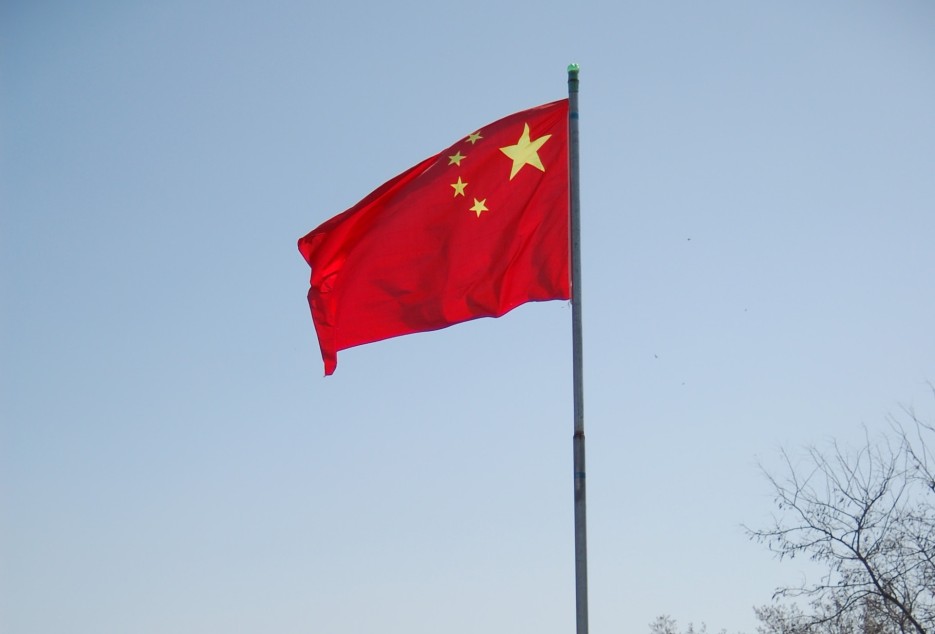
With the UK set to become an independent nation at the end of the year, its foreign policy is going through a dramatic change – with Hong Kong coming into focus.
This month, Prime Minister Boris Johnson put forward proposals that would allow Hong Kong residents with BNO passports a path to citizenship in response to a new law China is seeking to implement that would effectively end the One Country, two systems – in place since 1997. The fear is that the new security law will allow China to impose many new restrictions on Hong Kong – effectively ending its relative autonomy. The opposition to China’s move is also shared among allies including the United States which has been supportive of Britain’s move to offer Hong Kong residents a path to citizenship.
There are an estimated 350,000 BNO passport holders, and citizenships could be offered to Hong Kong residents that stay in the UK on 12-month rotating visas. Boris Johnson takes the UK on a clearly new path for Hong Kong, a dramatic shift from his predecessors in the wake of a bitter row over the pandemic and trade.
While China has been looking to restore order in Hong Kong following months of protests, the new national security law is seen as a red flag by many countries. And to make matters worse, China’s relationship with its key ally Russia has taken a blow while it also faces a severe backlash from Australia, with relations souring between the two countries.
With Britain’s new position in global affairs emerging at the end of the year, and a new trading relationship with the EU, could this be the first big test of ‘Global Britain’?




